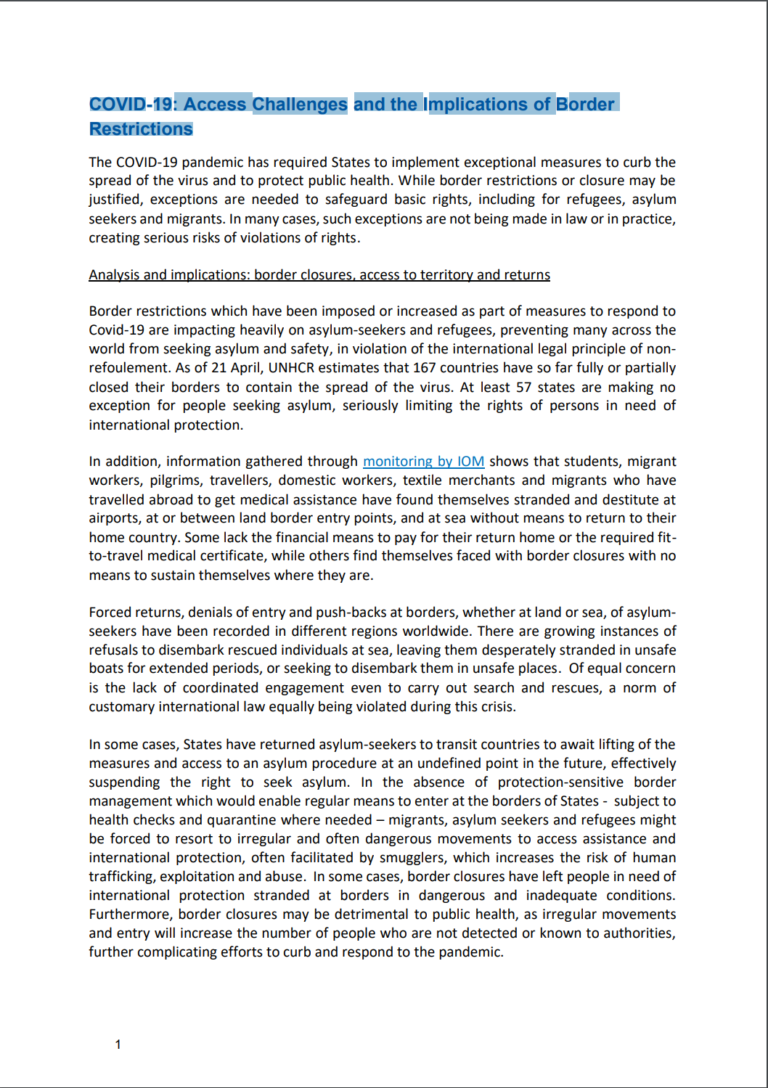DISRUPTED CHILDHOOD – The Cost of Persuasive Design
PublicationsSignificant technological advances are very often accompanied by concerned debate. Will our daily lives be improved or disrupted? Will the need for human intervention or interaction be reduced? Will our relationships change? Digital technologies, un...Read More

